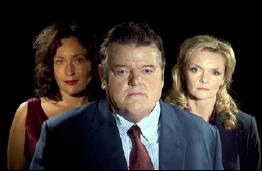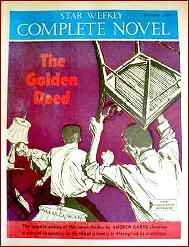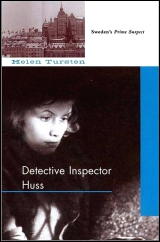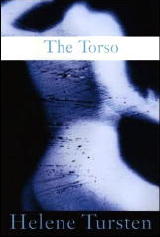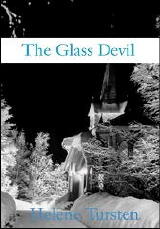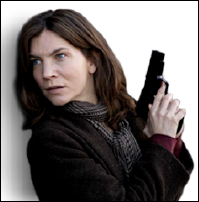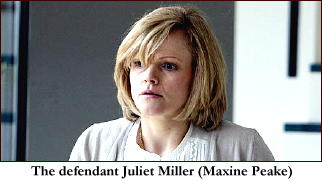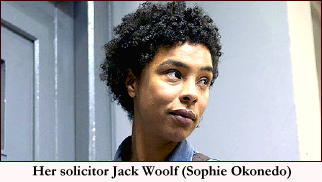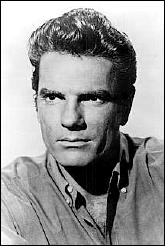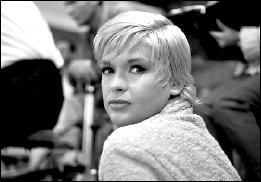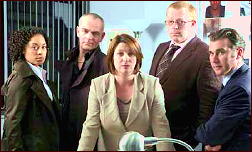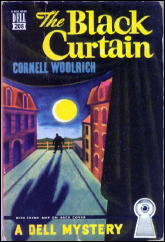Sat 3 Apr 2010
A TV Review by Mike Tooney: THE ALFRED HITCHCOCK HOUR “The Tender Poisoner.”
Posted by Steve under Reviews , TV mysteries[6] Comments
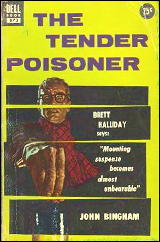
“The Tender Poisoner.” An episode of The Alfred Hitchcock Hour (Season 1, Episode 14). First air date: 20 December 1962. Dan Dailey, Howard Duff, Jan Sterling, William Bramley, Philip Read, Richard Bull, Bettye Ackerman. Writer: Lukas Heller, based on the novel Five Roundabouts to Heaven (1953; aka The Tender Poisoner, US, 1953) by John Bingham. Director: Leonard Horn.
Barney Bartel (Dan Dailey) is an unhappily married man who has fallen for a woman, Lorna (Bettye Ackerman), ten years younger than his wife Beatrice (Jan Sterling). Barney’s pal Peter Harding (Howard Duff) knows about the affair and seems anxious to discourage Barney — but things aren’t always what they seem, are they?
For Peter the situation has its advantages, indeed it does; for Barney, though, the situation is becoming intolerable. The first step involves getting rid of Beatrice, in preparation for which Barney must do an experiment on his dog, one involving poison …
Longtime hoofer Dan Dailey proves in this show that he could do serious crime drama. Most of us may have forgotten the TV series Dailey did in 1959-60, 39 episodes of The Four Just Men inspired by characters created by Edgar Wallace. His only other series was the comedy The Governor & J. J. (1969-70).
Howard Duff’s character is almost identical to the shifty guy he played in Naked City (1948). He also appeared in Johnny Stool Pigeon (1949), Spy Hunt (1950), Shakedown (1950), Private Hell 36 (1954), Women’s Prison (1955), While the City Sleeps (1956).
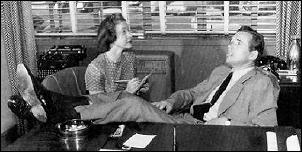
On TV he was in Dante (26 episodes, 1960-61) and Felony Squad (73 installments, 1966-69), one Ellery Queen (1976), six appearances on Police Story, 37 episodes of Flamingo Road, and one as Thomas Magnum’s grandfather on Magnum, P.I.
Jan Sterling was in a few crime dramas: Mystery Street (1950), Union Station (1950), Appointment with Danger (1951), Split Second (1953, reviewed here), The Human Jungle (1954), Female on the Beach (1955), and two episodes of The Name of the Game.
Hulu: http://www.imdb.com/video/hulu/vi869793817/
Editorial Comment: The photo you see of Howard Duff is strictly a case of “None of the Above,” as far as the credits go as listed for him by Mike. If you know the part he’s playing, then you almost assuredly know who it is who’s in the scene with him.
